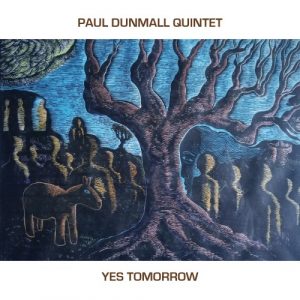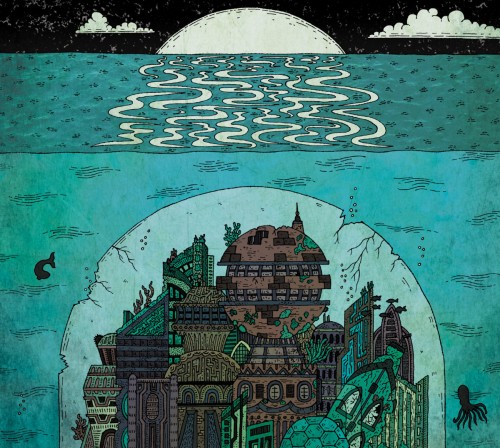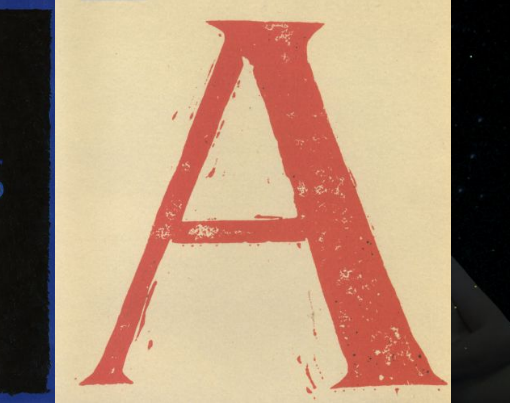 It is incredible how many albums sax player Paul Dunmall has been involved with over the years with his own name groups running from quartet to octet.
It is incredible how many albums sax player Paul Dunmall has been involved with over the years with his own name groups running from quartet to octet.
It is interesting how each of the players here seems to understand just what is required in an improvisational capacity to fit in with the others or if let loose on a solo strand, and how the chosen notes should unfold, with unexpected choices smoothly linking into passages that sweep straight out of your jazz dreams.
Although Paul is author of the pieces recorded here, the generosity of spirit that shines a light on every player makes this a very warm listen, with a little hint of funk here and a touch of soul there. There is a liberal sprinkling of what might be considered classic jazz as well as devotional diversions into the spiritual realm. Spread across eight tracks and well over an hour, the album delves well into each player’s solo comfort zones but when they all merge, it is when the fireworks start as they bounce off one another. Most pieces start with a single player laying down something personal; “Drum” sees Jim Bashford‘s travelling tom heavy, more structural than the rolling tidal drama of his usual playing, while “Cosmic Communion” opens with James Owston mining the neck for all its worth with subtle, spacey, spidery bass movement until the group appears over the horizon and takes things off to a faraway land.The lion’s share of the musical duties fall to guitarist Steven Saunders, whose style veers from angular, brittle and sharp little movements to almost Santana-esque sweeps and are a real complement to Paul’s sweet, drifting parts, particularly on opener “Micromys Minutus”, where Steven worries at little figures, nagging and returning while Paul’s bleary sax smears light across the sky.
As each piece progresses, so the group gradually joins in until everybody is soaring and diving, delivering ’40s-influenced toe tapping on “Medgar Evers” or sending things in a more spiritual direction, the players breathing in unison, Richard Foote‘s trombone particularly effective in tracking the proceedings on “Golden Age”.It makes it sound very busy; but in actual fact, there is time to take stock and allow the pieces to insinuate their way into your consciousness. The variety is really impressive and the playing is just great. Yes Tomorrow is a fantastic taster to lure you in to the Dunmall universe.
-Mr Olivetti-



